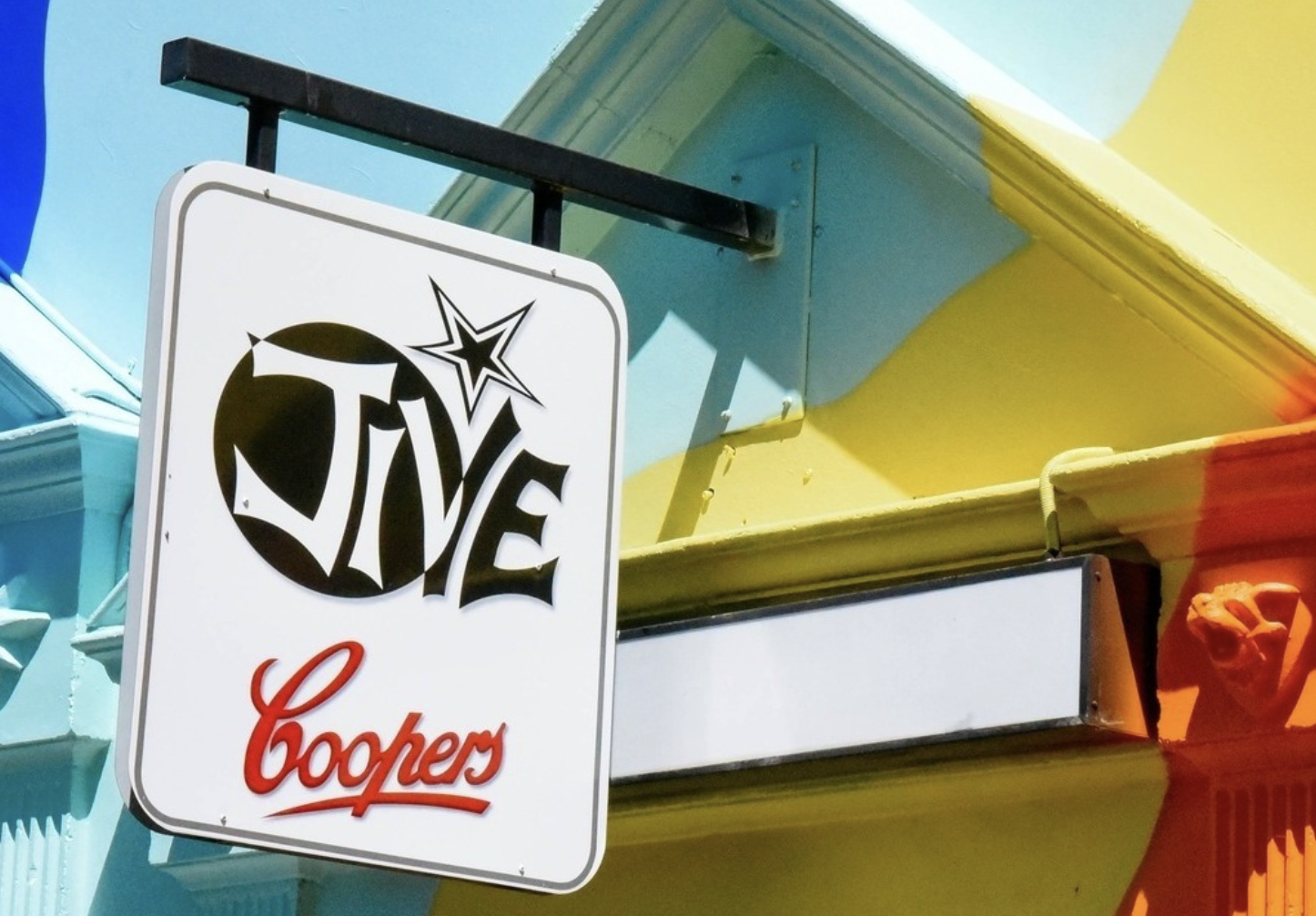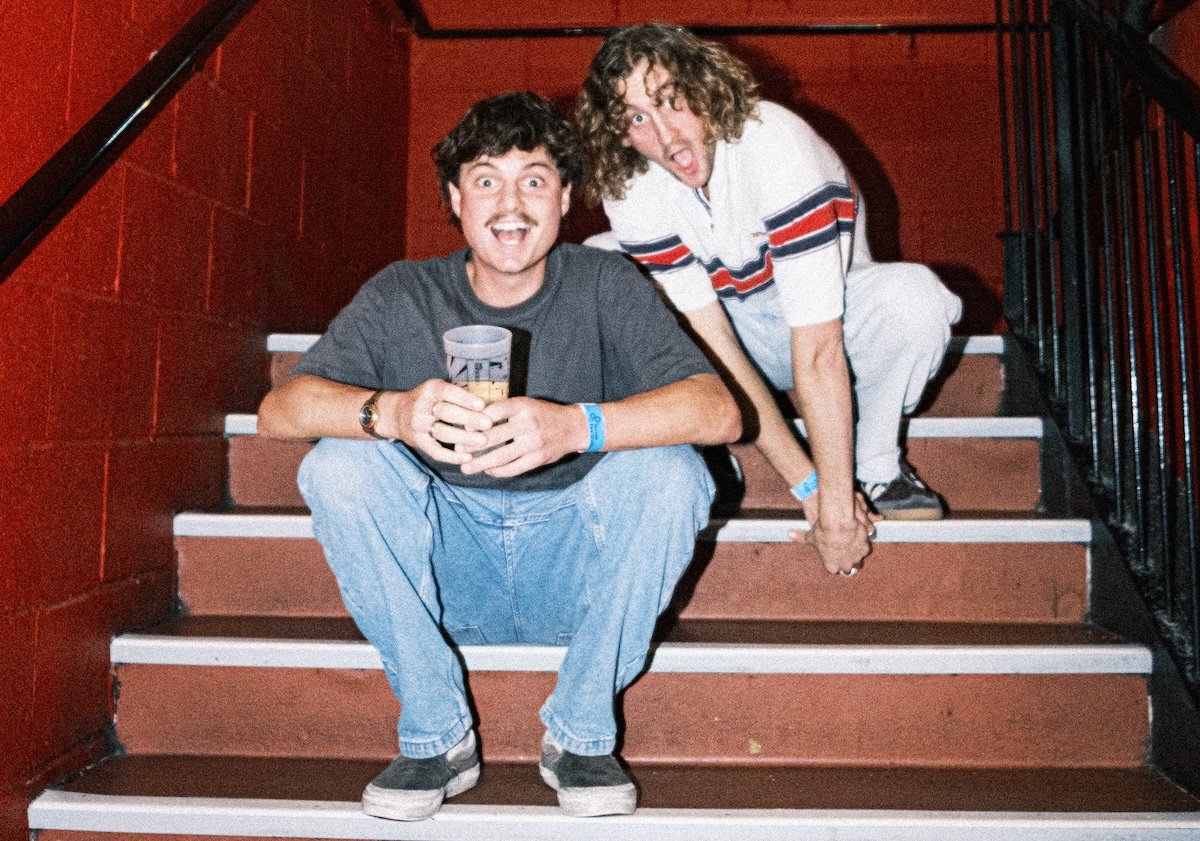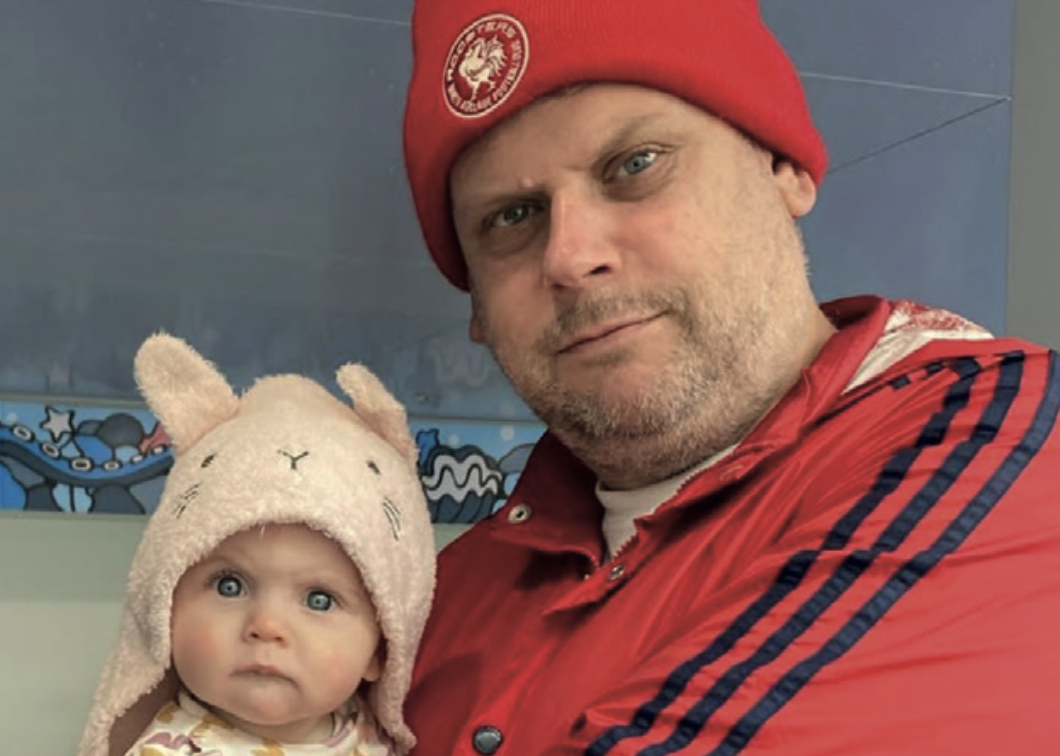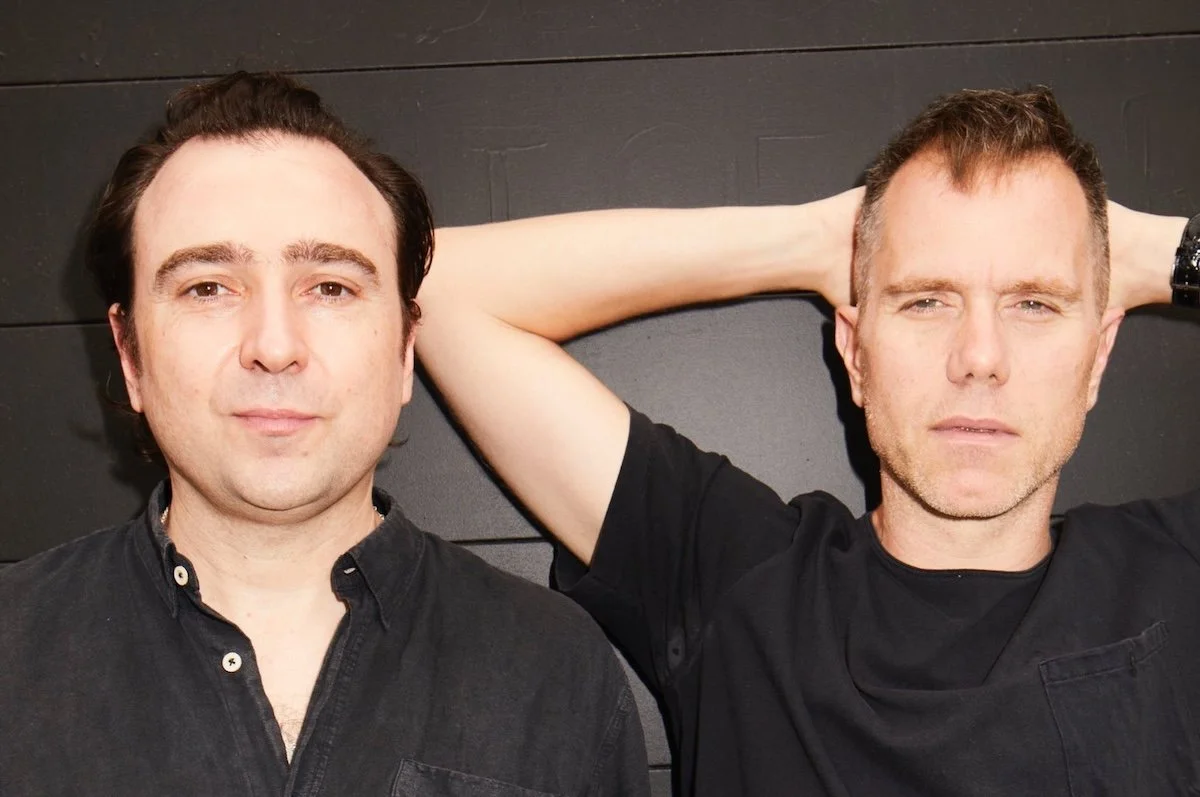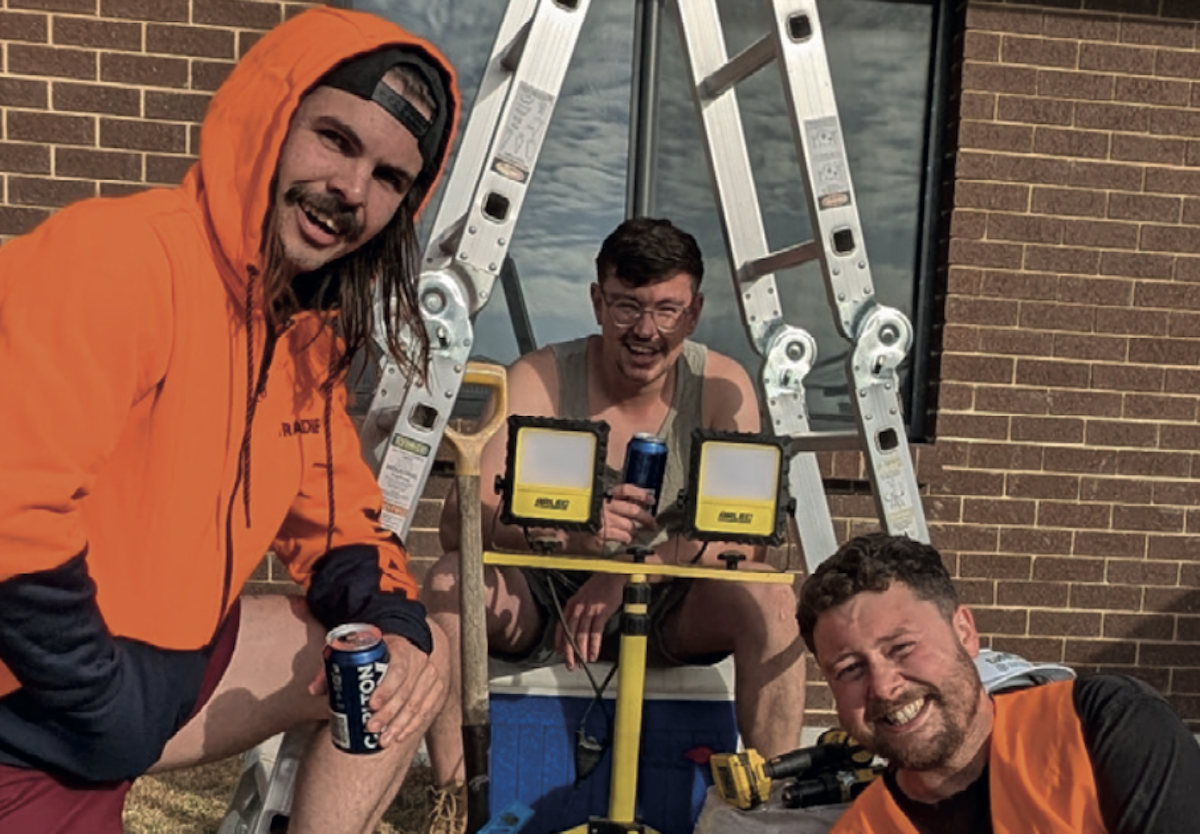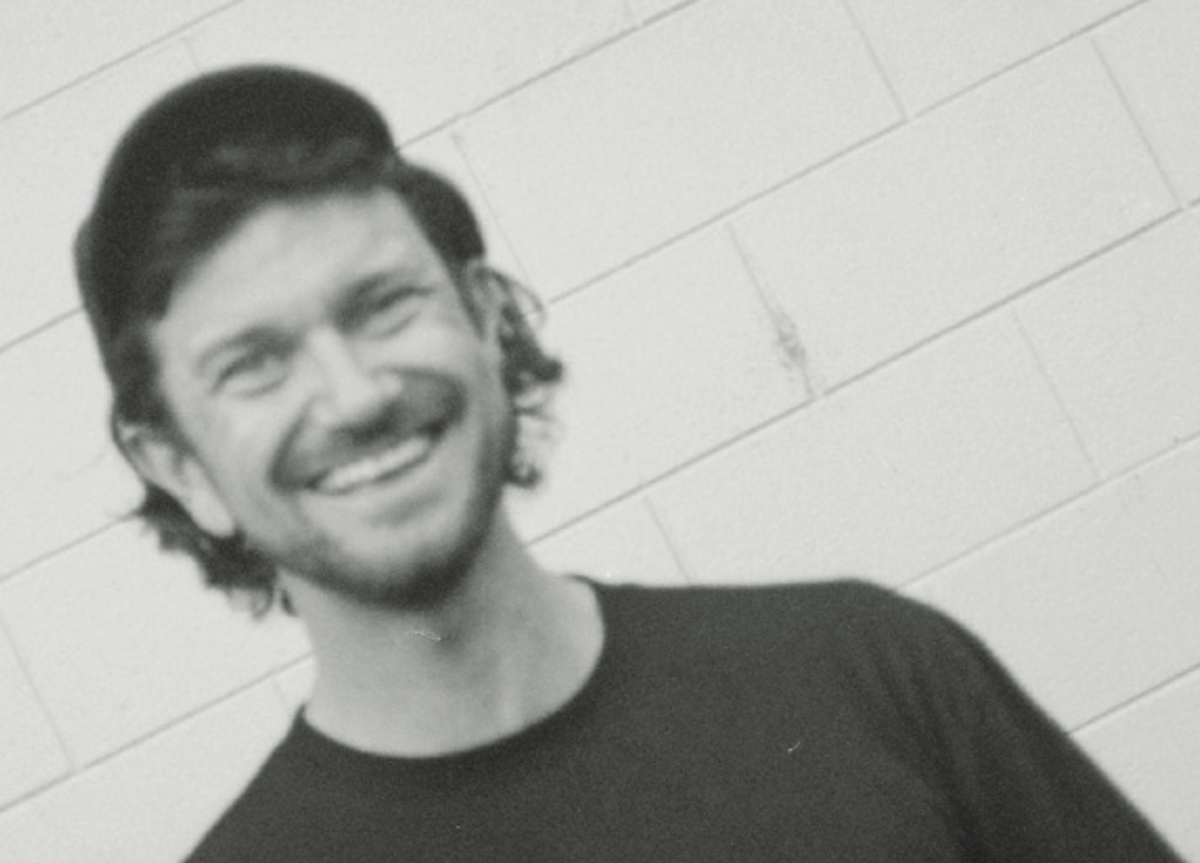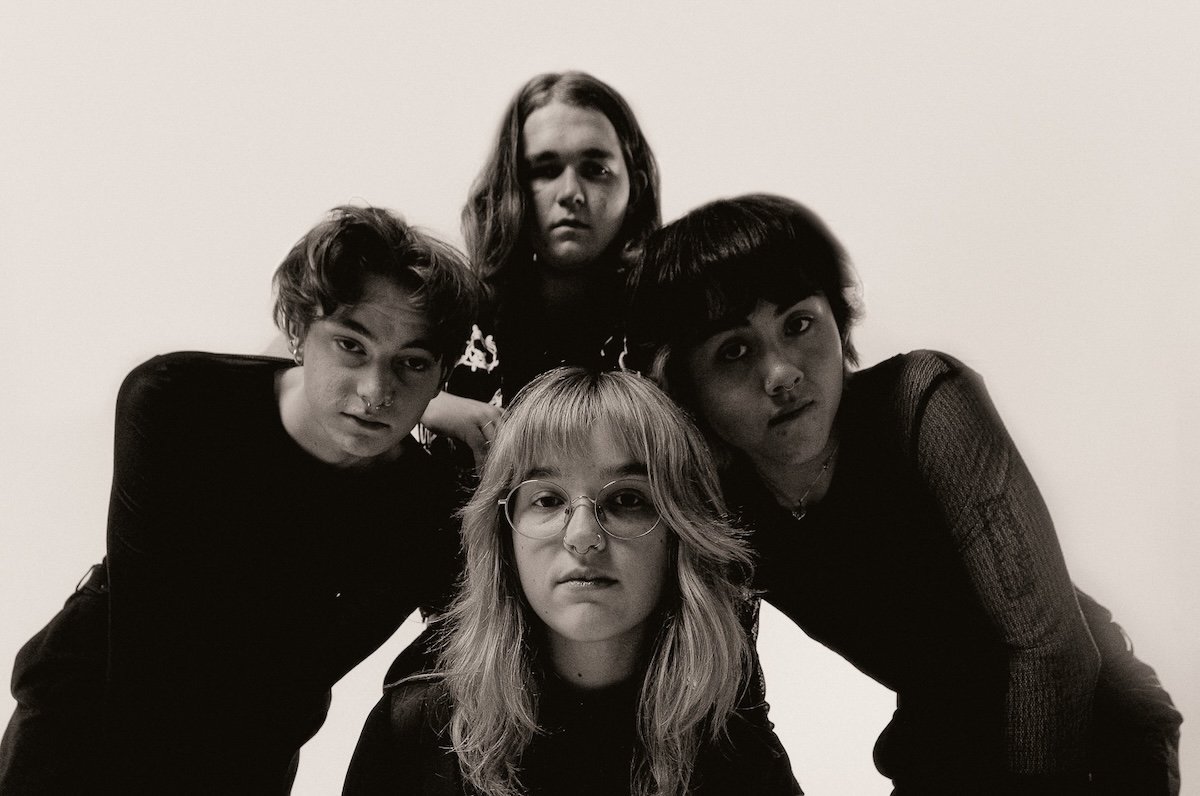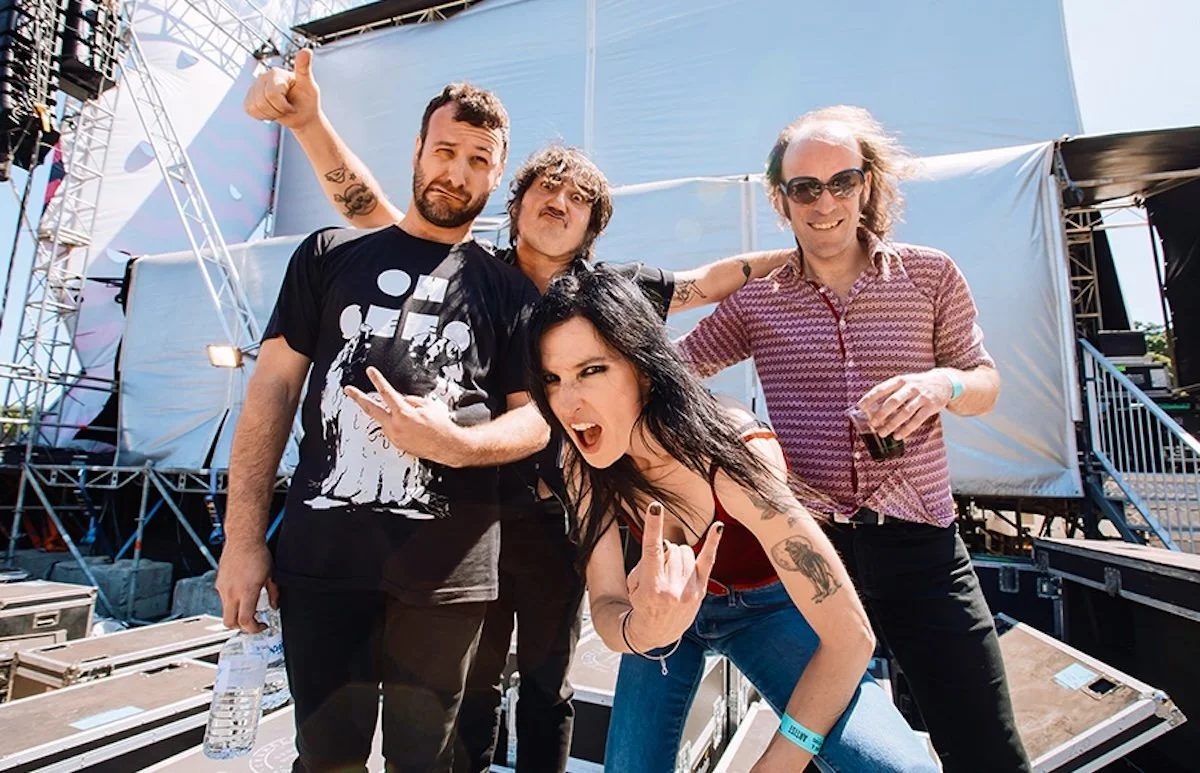Descendants: Evergreen Punks
Descendants frontman Milo Aukerman explains how the California punk legends haven’t let time, breakups and even a heart attack get in their way.
Words by Tyler Jenke
As their 50th anniversary creeps ever closer, it’s somewhat remarkable that California punk band the Descendents ever became famous in the first place.
First formed in 1977 by guitarist Frank Navetta, bassist Tony Lombardo, and drummer Bill Stevenson as a power-pop trio, the Descendents solidified their early lineup with the inclusion of vocalist Milo Aukerman in 1980. Following the release of their four-minute Fat EP in 1981, it felt like the band was over before it even began when they released their debut album, Milo Goes To College, the following year.
Now considered a classic of the hardcore punk genre, the record was named for Aukerman’s decision to exit the band in favour of pursuing a degree in biology. Though the group would continue for a brief period, it was the down-to-earth subject matter of their songs, the now-iconic caricature of Aukerman that adorned the album cover, and their frenetic youthful energy that would slowly increase their profile during their brief hiatus.
“I think our music has a certain appeal to young people that transcends when it was created,” Aukerman explains. “Sure, it was created in the ’80s, but I think the actual music is suffused with youthfulness.
“Now as we get older, the music keeps us feeling young, and I think that translates to the audience as well,” he adds. “Even though the music itself is old, it’s kind of a young person’s music.”
Part of the Descendents’ draw was their everyman image. While their contemporaries played hard, fast, and aggressive songs that critiqued the likes of then-US President Ronald Reagan and other global concerns, the Descendents wrote accessible songs about lighter topics such as girls, food, parents and a love of caffeine.
Their melodic musical style would be influential to the modern pop-punk genre, with a veneer rooted in fun and humour, and a self-effacing nature spearheaded by their self-admitted ‘nerdy’ frontman. Though Milo Goes To College didn’t catch fire immediately, its unpretentious content and simplistic subject matter saw it slowly take hold in underground circles, with members of bands such as Foo Fighters, Blink-182 and NOFX citing it as a fundamental influence.
“We thought we were never going to take the world by storm by releasing a record,” Aukerman admits. “Maybe the subject matter of the album has something to do with it. We weren’t writing about the current events and things that were popular at the time, so maybe that’s why it didn’t catch on.
“It was a little more related to personal feelings and growth of an individual, which has a bit more of a deeper attachment for people,” he adds. “It’s always been something I’ve marvelled at, this very slow incremental progress that the band makes. We still make incremental progress, and we hope that we’re continuing that process.”
In 1985, the Descendents ended their hiatus when Aukerman returned to the band, ultimately recording three more albums before another split in 1987, with Aukerman pursuing a full-time career in biochemistry. While the remaining members would reform as the core of long-running punk outfit ALL, sporadic reunions in the ’90s and early ’00s would each result in new albums, before a full-time Descendents reunion would be announced in 2010.
This reformation also resulted in the band’s first-ever visit to Australia as part of the No Sleep Til festival that same year. The response was so great that increasingly larger tours of the country followed in 2013 and 2017.
In 2016, Aukerman left behind his career as a scientific researcher, choosing instead to focus on the Descendents full-time. That same year saw the release of their highest-charting record to date, Hypercaffium Spazzinate, and in 2021, the band looked into the archives somewhat for 9th & Walnut.
Named for the location of their original rehearsal space, the album saw Aukerman record vocals over a batch of instrumentals from 2002, which had originally been written in the late ’70s before he joined the band. Once again, it was a chance to capture the youthful energy that permeated their formative years.
“I had a tremendous amount of excitement about the project because of the fact it was not only fun to do, but it also allows you to look back at your 17, 18-year-old self and what you were like back then,” Aukerman says.
Looking ahead to the future though, Aukerman notes that while the band have recorded close to two dozen songs for a future album, his empty schedule leaves him eager to tour as often as possible.
“I’m ready to go all the time,” he says, turning his attention to his bandmates. “If they want to do 200 shows a year, I’m ready to go.
“Obviously we’re at the phase of our lives where we don’t need to do that. We can do as many shows as we want, and as many shows as are fun. If it’s most fun to do 70 shows a year, we’ll do 70 instead of 200.”
At 60 years old, however, it’s important to temper expectations. In late July, Aukerman suffered a mild heart attack, though immediate surgery and a swift recovery meant that only a few European dates were cancelled before the band made their return to the stage in early September.
“As soon as they put the stent in my artery, I felt a lot better,” he admits. “I found that I’m now singing better than I was before the heart attack.
“I think I’m just getting much more air through and the singing has become a lot easier,” he adds. “So I’m really enjoying it and I’m really looking forward to going down to Japan and Australia and just showing people that it’s the new and improved Milo.”
Even with a heart attack in the immediate rearview, Aukerman admits the band plan to “keep rolling until the wheels fall off”, with a return trip to Australia taking place in October.
Though regarded by punk fans the world over, the Descendents’ Australian tours didn’t see them visiting Adelaide until their third visit, in 2017. A whirlwind debut trip to the City of Churches left Aukerman without any lasting memories, though it has inspired a concerted decision to take in as much of South Australia as possible this time around.
For the rest of the Descendents though, they’re simply content to continue sharing their music with the world, and touring as much as physically possible. Even more than 40 years on from an album that almost ended the band before they had even started, Aukerman and his bandmates feel indebted to the legions of fans who still appreciate the enduring youthful energy that made them icons of the underground punk scene all those years ago.
“The fact people still go back to an album like Milo Goes To College means that it must tap into something where they can listen to it, feel young again, and get that youthful energy from the songs,” he notes. “I’m just eternally grateful that that’s how people view it.”


